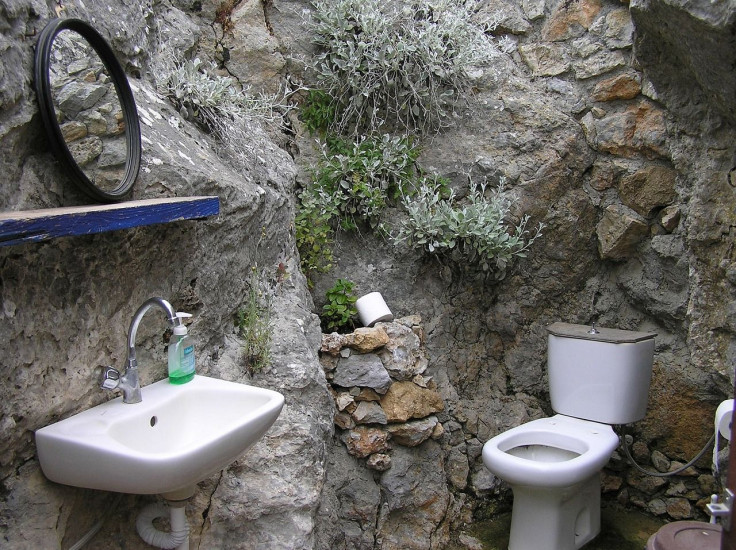Hemorrhoids Are Common And 4 Other Facts About Your Irritated Anus

It’s not easy to tell someone you have a swollen vein in your butt, but hemorrhoids are a problem many people have, whether they are in your rectum or in the skin around your anus. If you are nervous about bringing up a hemorrhoid conversation, these simple facts might ease your mind.
Yes, they really are quite common
Not everyone talks about what’s irritating their anus, but you are not alone. The U.S. National Institutes of Diabetes and Digestive and Kidney Diseases estimates that about one in 20 people has hemorrhoids, and that number is even higher in people above age 50. You are more likely to develop them if you experience constipation or diarrhea often, sit on the toilet for a long time, strain during a poop, or even lift heavy things, the NIDDK says. Anal intercourse and obesity are also factors, the Mayo Clinic adds.
Read: Let’s Talk About Anal Cancer
Pregnant women also get them more
Growing a baby in your womb can have a lot of strange side effects, like constipation, which is one thing that can cause hemorrhoids during pregnancy. Dr. Roger W. Harms notes that “for many women, hemorrhoids resolve after delivery.”
Here are the signs to look out for
Hemorrhoids might be itchy or uncomfortable, and may bleed bright red blood while you are pooping. A lump near your anus may be sensitive or swollen. Internal hemorrhoids, inside your rectum, might get pushed through your anus and become painful or irritated.
There are ways to treat them at home
If they are not severe enough to rush to a doctor and you’d rather not display your anus to a health professional, you can do some things at home to ease the symptoms of your hemorrhoids. The Mayo Clinic lists home remedies like eating more fiber and drinking more water, to soften your poop and make you strain less to get it out; soak your fanny in warm water and gently cleanse the skin in the affected area; wipe after a bowel movement with moist towelettes instead of dry toilet paper; relieve swelling with cold compresses; take over-the-counter pain relievers; or use a topical treatment like witch hazel on a pad or hemorrhoid cream. The NIDDK also recommends staying away from foods that tend to constipate you, like fast food, meat, ice cream, chips or processed foods.
They look different from cancer
If you see a lump on your anus, your mind might jump to cancer. Some of the signs might be similar, but there will be other indications of colon or rectal cancers, apart from bleeding. The Bowel Cancer Foundation says those can be a change in pooping habits or consistency, severe stomach pain, a lump in the abdomen, unintended weight loss or weakness.
See also:
What Bleeding Means by Color and Location
Published by Medicaldaily.com



























